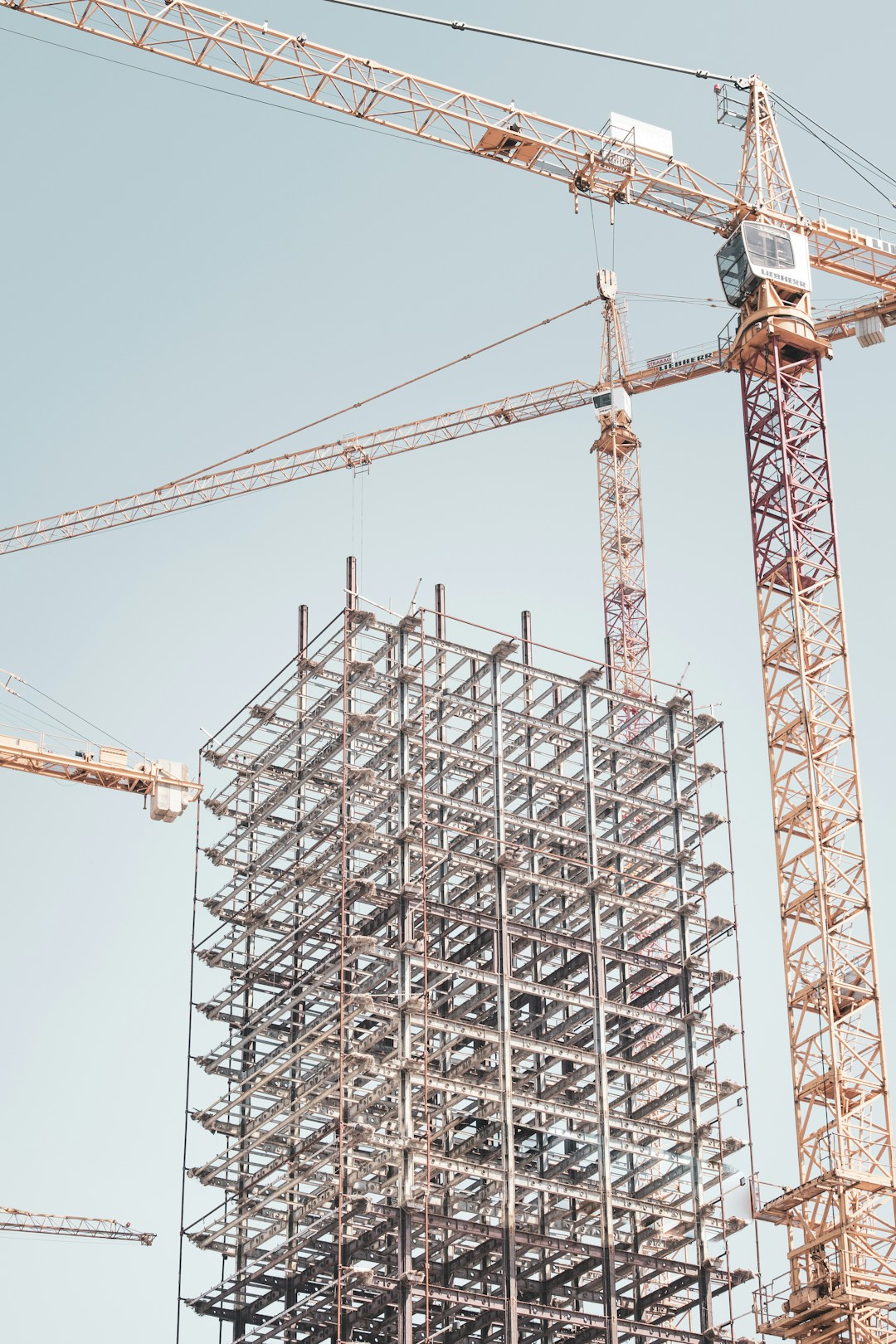U.S. pushes to exclude auto, steel tariffs from Japan trade deal
2025-05-05
In the recent US-Japan trade negotiations, the US government insisted on excluding tariffs on key industries such as automobiles, steel and aluminum from the bilateral agreement, which worried the Japanese side. Although Japan proposed measures including easing non-tariff barriers and increasing imports of US agricultural products in order to ease the trade surplus, the US's tough stance on automobile and metal tariffs has limited the progress of the negotiations.
Japan's chief trade negotiator Yoshima Akazawa stressed that the 25% US automobile tariff has caused huge losses to Japanese automakers, with one major company losing up to $1 million per hour. He called for negotiations to be advanced as soon as possible to find a solution.
Although the US government recently announced adjustments to automobile tariffs, eliminating double taxation with steel and aluminum, and providing tariff subsidies of up to 3.75% for auto parts, aimed at relieving cost pressures on domestic manufacturers, international automakers still face the challenge of rising costs. Economists predict that these tariffs may lead to an average increase of $4,711 in vehicle prices.
The Japanese government continues to seek a broader trade agreement with the United States and strives to resolve automobile and metal tariffs in future negotiations. However, the current negotiations are progressing slowly and it will still take time and effort for the two sides to bridge their differences on key issues.
RELATED BLOG







